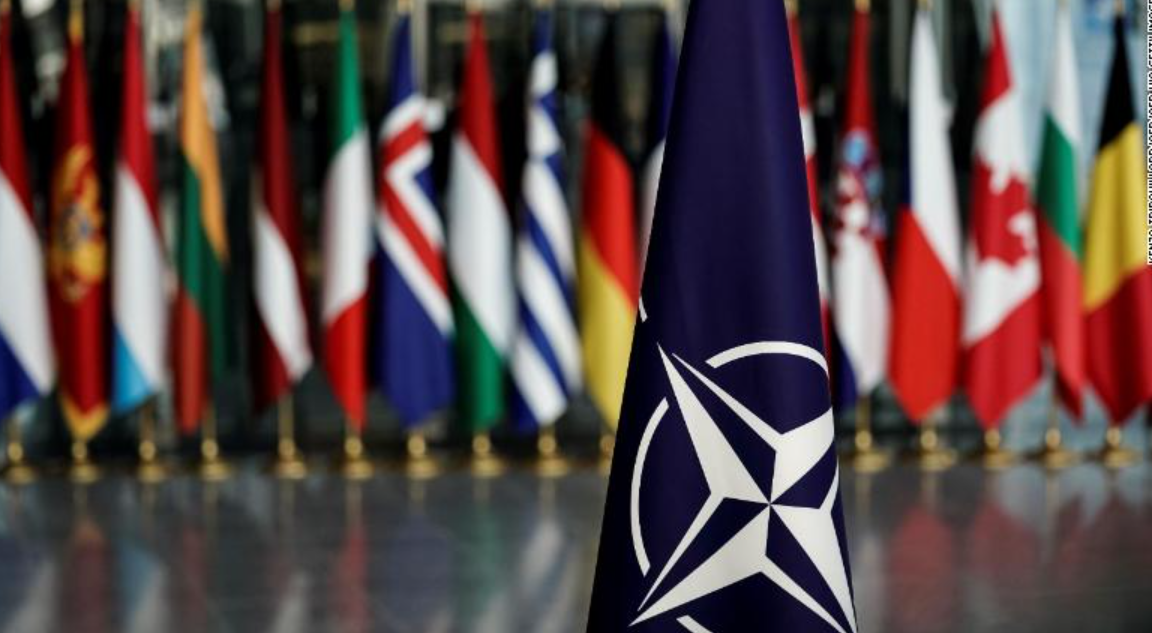Tue Feb 01, 2022
Tuesday / February 1
Latest on the Ukraine crisis
During a tense meeting on Monday, the United Nations Security Council (UNSC) witnessed statements of blame between Russian and US envoys over Ukraine.
Russia accused Washington of fueling tensions, while the United States accused Moscow of creating dangerous situation.
Russia, with China's support, tried to block the public UNSC meeting, but a majority of the 15-member council voted to continue the session.
The White House and the British government said on Monday they were ready to punish Russian individuals and companies close to President Vladimir Putin with asset freezes and travel bans if Russia further invades Ukraine.
The people identified are in or near the Kremlin's inner circle, are involved in government decision-making or are minimally complicit in the Kremlin's destabilizing behavior, White House spokeswoman Jen Psaki told reporters.
UK Prime Minister Boris Johnson is visiting Ukraine on Tuesday.
Meanwhile, the US State Department announced that the Russian government had given a written response to the US proposal aimed at reducing the Ukraine crisis, without giving further details.
US Secretary of State Antony Blinken and Russian Foreign Minister Sergei Lavrov will hold a telephone conversation on Tuesday.
Nuclear talks
A senior US State Department official said on Monday that Iran only had "a few weeks" left before the nuclear deal was revived.
“We are in the final stretch because as we’ve said now for some time this can’t go on forever because of Iran’s nuclear advancement,” he said. The official said that the U.S. was not imposing an “artificial deadline” or “an ultimatum.”
“The Iranians have been aware of for some time that we are reaching the final moment, after which we will no longer be in a position to come back to the JCPOA because it will no longer hold the value that we negotiated,” he added.
The International Atomic Energy Agency (IAEA) reported on Monday that Iran plans to manufacture centrifugal rotor tubes and bellows at a new location in Esfahan instead of Karaj. Iran said it would decide how the IAEA would gain access at the new facility, Reuters reports.
Fed comments
Richmond Fed President Thomas Barkin said the US economy is ready for rate hikes by the Federal Reserve to contain broadly rising inflation.
In a live interview with CNBC, “I’d like the Fed to get better positioned. I think we’ve got a good part of the year to get there. I think how fast we go just depends on how the economy develops,” he said.
Speaking to the Indiana Economic Club, Kansas City Fed President Esther George said getting off the balance sheet faster could allow the Fed to raise rates less often.
“What we do on the balance sheet will likely affect the path of policy rates and vice versa,” George said. “For example, more aggressive action on the balance sheet could allow for a shallower path for the policy rate.”
Speaking to the Reuters forum, San Francisco President Mary Daly said the Fed is "not behind the curve" when it comes to tackling inflation and it was time to start ending the most accommodative monetary policy in the central bank's history.
“If the economy progresses like I see it progressing, then it is clear that it can stand on its own two feet, that we do not need to be providing the same level of extraordinary … accommodation that we provided during the pandemic and have provided for the last two years,” she said.
US stocks
Stocks on Wall Street closed with gains in some tech stocks that had been battered for the month, but closed January lower.
The S&P 500 rose 1.89% to 4,515.55 and closed the month down 5.3%. It's the index's worst month since the 12.5% loss in March 2020 and the biggest January drop since 2009.
The Dow Jones Industrial Average rose 406.39 points, or 1.2%, to 35,131.86. This helped him reduce his monthly loss to 3.3%.
The tech-heavy Nasdaq Composite added 3.41% to 14,239.88, up 3% on Friday. The index fell 8.9% for January, its worst month since March 2020.
